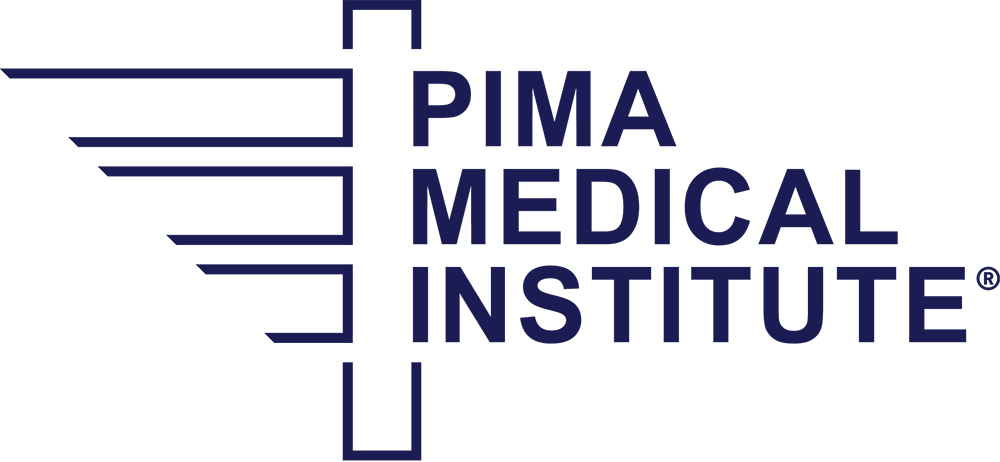When you become a registered nurse, there are a lot of career options available for you to choose from. While they do require additional certifications, it’s something to think about on which path you’d like to take after you graduate. To help you figure that out, here’s a list of five specialties to consider before making your decision on the specialty you may want to pursue.
- Perioperative Nurse (Surgical/OR Nurse). A perioperative nurse is required to have an associate or bachelor of science degree along with their registered nurse license and CNOR and Certified Nurse First Assistant (CNFA) Certification. They focus on pre- and post-operative care for patients. Their duties may also include setting up a surgical room, managing the tools for operations and assisting the doctors in operations with bandaging and more.
- Cardiac Nurse. Heart disease is a leading cause of death in the United States, which makes the demand of cardiac nurses higher because of the rising number of patients. Aside from your regular daily responsibilities, as a cardiac nurse, you will also assist with surgical procedures such as bypass, angioplasty or pacemaker surgery. A cardiac nurse is required to have an associate or bachelor of science degree along with a registered nurse and state licenses.
- Critical Care Nurse. In addition to earning an associate or bachelor’s degree and registered nursing license, you also have to obtain a Certification in Advanced Cardiac Life Support to become a critical care nurse. Critical care nurses’ educational levels are very similar to registered nurses, but are specifically trained for emergency situations. This type of nurse can be expected to tend to serious wounds and monitor life support systems.
- Get prepared to work in the real world in our nursing simulation theatres.
Nurse Manager. The responsibilities of a nurse manager are to supervise a team of nurses in clinical settings. Patient care can sometimes be limited as the nurse manager usually takes on more of an administrative role, which includes recruiting nurses, creating schedules and making management and budget decisions. The Certified in Executive Nursing Practice (CENP) or Certified Nurse Manager and Leader (CNML) certifications are required along with the associate or bachelor’s degrees and registered nurse license.
- Oncology Nurse. To become an oncology nurse, you need 1000 hours of training as a registered nurse along with your associate or bachelor’s degree and RN license. Oncology nurses are highly trained in cancer treatments and they help educate patients on the different treatment options available along with prescribing medications and monitoring their progress and symptoms.
If you’re interested in taking that first step into the registered nursing field or want to advance your career, then learn more about our Registered Nursing program or our Bachelor of Science in Nursing online program. No matter the type of care you give, you will be making a difference helping others in this healthcare field.



